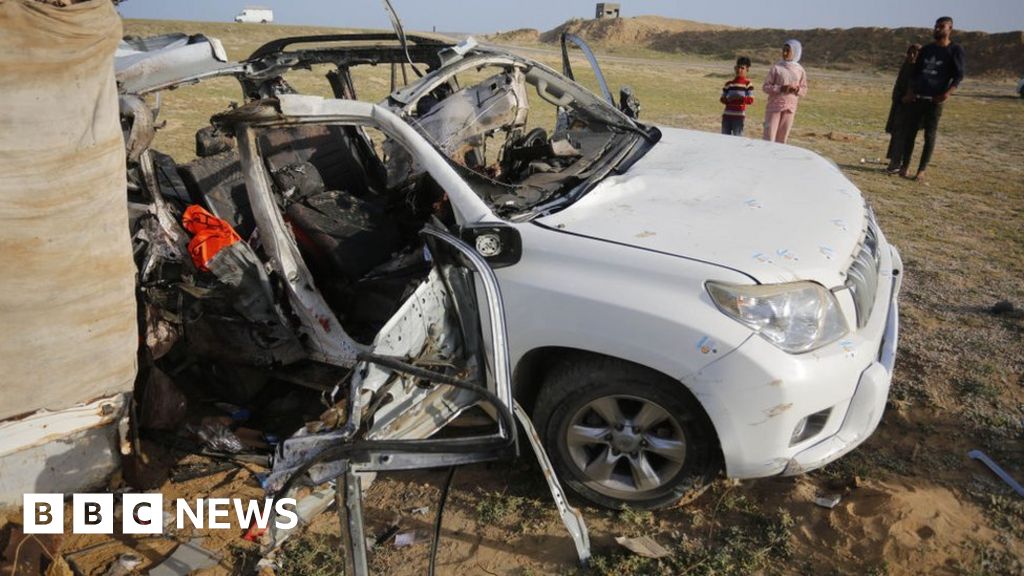EU Deploys Election Follow-up Mission to Assess Kenya’s Electoral Reforms

By Melisa Mong'ina
The European Union has sent an Election Follow-up Mission (EU EFM) to Kenya, aiming to track the country’s progress in implementing electoral reforms.
This mission follows up on the 2022 EU Election Observation Mission (EU EOM), which provided 21 recommendations to improve Kenya’s electoral system—seven of which were deemed priorities.
Leading this follow-up effort is Ivan Štefanec, the former Chief Observer of the EU EOM 2022 and a former Member of the European Parliament.
During a briefing, he outlined the key recommendations made in the 2022 report, highlighting areas such as voter education funding, electoral technology improvements, and campaign financing.
Other priority issues include refining legal definitions of hate speech, amending the Computer Misuse and Cybercrimes Act, improving special voting procedures, and enhancing the efficiency of the Independent Electoral and Boundaries Commission (IEBC).
"The 2022 European Union election observation mission final report offered 21 recommendations, including seven that should be prioritized for future electoral reforms,” Štefanec explained. "These were based on observations, analysis, and extensive discussions with various stakeholders."
But how much progress has been made? According to Štefanec, 10 of the recommendations require legal changes—one even necessitating a constitutional amendment—while 11 can be addressed through administrative action. However, movement on these reforms has been slow.
Discussions are ongoing, yet critical steps, such as appointing new IEBC commissioners and a chairperson, remain unresolved.
"For the recommendations concerning the IEBC, the first step is the appointment of the chairperson and commissioners. This is essential to move the process forward," Štefanec noted.
Despite these challenges, he remains cautiously optimistic. While the lack of progress is concerning, he does not believe Kenya is in a crisis. Instead, he sees this as a critical window of opportunity.
“Even if we recognize the slow progress, I don't think this is a crisis. There is still time to address these issues because we are in the middle of the electoral cycle,” he said. “We urge Kenyan institutions to speed up the process.”
At the heart of these reforms is the need to build trust in Kenya’s electoral system. Štefanec emphasized the importance of ensuring all citizens can register as voters, exercise their right to vote, and even stand as candidates—aligning with Kenya’s international and regional commitments. Transparency, he added, is key to fostering public confidence.
“It is crucial to build trust in IEBC’s work, strengthening its independence and ensuring transparency in the electoral process,” he said. "At the same time, electoral stakeholders must work together to promote inclusion and cooperation."
As Kenya moves forward, the EU mission's message is clear: reforms are necessary, time is ticking, and decisive action is needed to strengthen the country’s democracy before the next election cycle.
What's Your Reaction?


















































